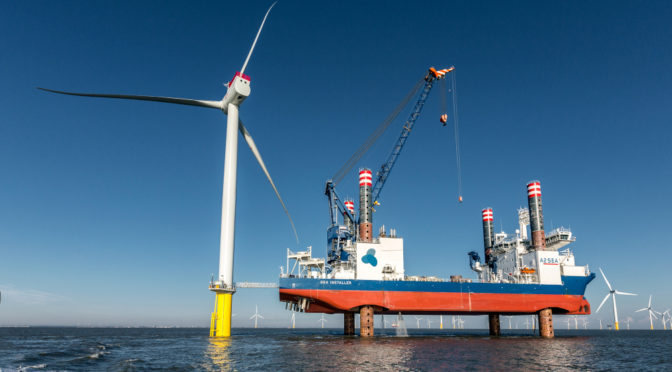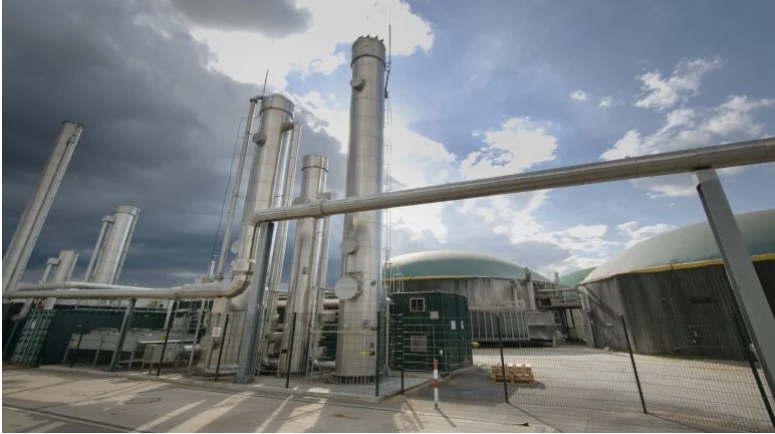 Droughts in Western states have resulted in higher carbon emissions and pose a threat to human health as hydropower is replaced by fossil fuels, according to research conducted by Stanford University. The study reveals that when rivers and reservoirs in the American West experience low water levels due to droughts, utilities resort to coal, oil, or natural gas power plants to meet the increased demand for electricity. This switch to fossil fuels is particularly problematic as heat waves often accompany droughts, leading to higher energy usage, mainly for air conditioning.
Droughts in Western states have resulted in higher carbon emissions and pose a threat to human health as hydropower is replaced by fossil fuels, according to research conducted by Stanford University. The study reveals that when rivers and reservoirs in the American West experience low water levels due to droughts, utilities resort to coal, oil, or natural gas power plants to meet the increased demand for electricity. This switch to fossil fuels is particularly problematic as heat waves often accompany droughts, leading to higher energy usage, mainly for air conditioning.The Stanford research – published July 6 in Proceedings of the National Academy of Sciences – highlights the significant environmental and economic consequences of drought-induced shifts in energy supply. The study estimates that in future drought years, emissions resulting from this shift could account for up to 40% of all greenhouse gas emissions from electricity in states heavily reliant on hydropower for electricity generation. Furthermore, the study identifies a substantial increase in carbon emissions, methane leakage, local air pollution, and associated deaths due to poor air quality.
Over the past two decades, these impacts have collectively cost 11 Western states billions of dollars. In California alone, the increase in fossil fuel generation caused by drought between 2012 and 2016 resulted in damages exceeding $5 billion, more than twice the direct economic cost of transitioning from inexpensive hydropower to expensive fossil fuels.
The findings underscore the need to consider the social and economic costs of climate change more comprehensively. As droughts become more frequent and severe in the American West due to climate change, failure to account for these effects leads governments to underestimate the financial and societal impacts of global warming. The researchers argue that these overlooked costs emphasize the importance of investing in measures to combat climate change.
Minghao Qiu, the lead author of the study and a postdoctoral scholar at Stanford, states that the research suggests the unaccounted-for impact on greenhouse gas emissions, air pollution, and human health represents a significant cost of climate change. The study estimates that between 2001 and 2021, the total health and economic damages resulting from drought-induced fossil electricity generation in Western states amounted to $20 billion. Carbon emissions accounted for the majority of this cost at $14 billion, while deaths associated with increased air pollution represented $5.1 billion, and methane leakage contributed nearly $1 billion to the overall damage.
The consequences of drought-induced shifts in energy supply extend beyond state borders. When hydropower becomes scarce in Northwestern states that typically export electricity to neighboring regions, communities in California and the Southwest are affected as fossil fuel power plants are employed to fill the energy gap. The interconnected nature of energy systems exacerbates the impact of climate shocks, illustrating that these damages are not confined to specific locations.
Although the study primarily focuses on the American West, the researchers highlight the global relevance of the issue. Many countries around the world, which heavily rely on hydropower, face increased drought risks due to climate change. The authors emphasize that regions where high-emitting coal-fired power plants are likely to replace lost hydropower will experience even higher economic and health damages resulting from deteriorated air quality and greenhouse gas emissions compared to Western states, where natural gas is more commonly used.
To mitigate the negative effects of drought-induced shifts in energy supply, the study emphasizes the need for greater renewable energy adoption. While solar, wind, and battery storage are expected to cover a larger portion of the average electricity demand in the American West, the research indicates that fossil fuel-based power plants will continue to be the dominant energy source for addressing peak energy needs. The authors suggest that additional initiatives must be pursued by hydropower-reliant states to achieve their net-zero emission goals in the face of increasingly frequent droughts. Expanding renewable energy sources, improving energy storage capabilities, and reducing reliance on fossil fuels are key steps in minimizing future warming and the associated risks of drought.







